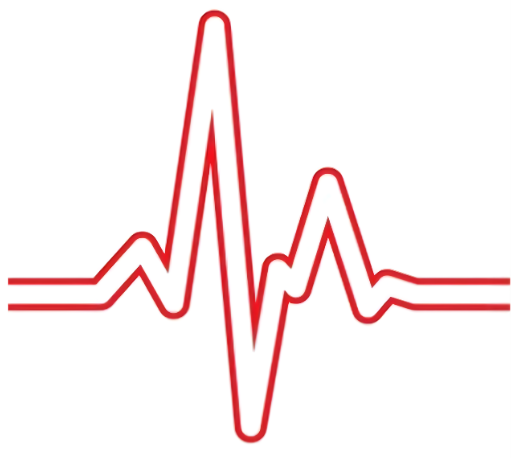Cardiac Risk Factors
Explanation
Many patients seek advice regarding risk factors such as high blood pressure or high cholesterol. These are very common conditions but the treatments can be confusing, and it is always useful to know that drugs are necessary and appropriate before they are started. We now have a number of techniques for assessing the overall risk for any patient with these risk factors, and it is sensible to see if lifestyle changes can help before medication is advised.
For example a test such as a CT coronary angiogram can help decide if statins are necessary to treat a high cholesterol.

